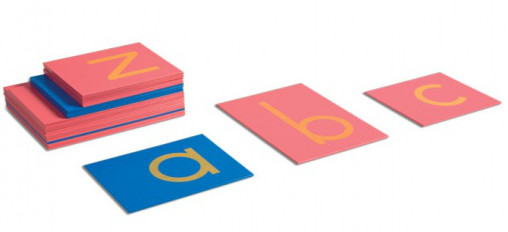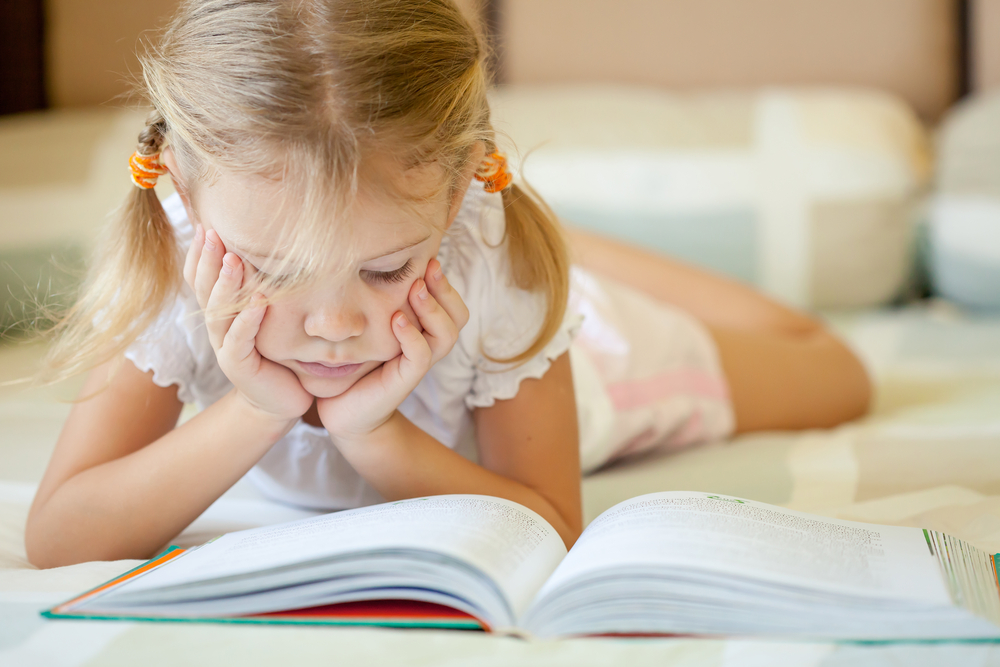Following my previous post about the importance of quality care provision in early years education and what that might look like, I am going to spend the next few posts talking about some of the different alternatives parents face when looking for early years education.
There are so many different options, and some depend on where you live as well as budget constraints, so nothing beats doing research on your local area. However, visiting a pre-school can be an overwhelming experience for a parent looking to make the right choice, so even better it you can go in informed as to what that educational setting should look like.
It should also be remembered that every child and parent is different and what fits one is not necessarily right for another. It is such a personal decision and every parent wanting the best for their child should decide on what feels right for them.
This week: Montessori
The Montessori Method pioneered by Maria Montessori in the 19th century is one which focuses on every child’s natural inquisitiveness and love of learning:
- It focuses on the process of learning rather than the end result and so builds resilience and self-confidence among children who know that to learn, is to fail and to try again.
- Children direct their own learning in a very independent way and the teacher is considered as a guide to further their pursuit of their interests. Every child is considered to be an individual and his/her learning is encouraged according to their individual interests and level in order to maximise their potential.
- This is enhanced by the environment which is designed and ordered so that the children know where everything is and can access it themselves serving to enhance their independence.
- The Montessori Method is a holistic approach to develop the whole child and ensure that they are happy, self-confident and self-disciplined.
- One of the most noticeable characteristics of a Montessori school is the materials which appeal to all the senses and which focus on building the motor control needed for life skills.

- Life skills are important to develop independent learners, so many of the activities focus on developing the child’s ability to be self-reliant, such as tying shoe laces or doing up buttons, learning to perfect scissor skills or pouring and transferring a material from one container to another.
- Mixed age groups are the norm with the older children acting as mentors and teachers to the younger children. This enables children both to see where they will progress to, but also reminds them of where they have progressed from.
- The outside world is highly valued both as a learning environment and as a way of improving their physical development.
- There is no testing in a Montessori school. Instead the teachers assess the pupil’s progress through observations and guide them to furthering their learning in that area.
What are the advantages?
 Besides all the positive attributes you have just read about, a Montessori child tends to be a happy, self-confident and self-disciplined child. They learn by doing and they learn at their own pace with their interests not limited by the constraints of the curriculum. Because the children are working to their own agenda, there is no competition between them with their motivation coming from within. There is also a wealth of scientific evidence to suggest that they have better reasoning skills when they start school as well as more developed language skills. For more evidence please follow this link http://www.montessorianswers.com/scientifically-based-research.html
Besides all the positive attributes you have just read about, a Montessori child tends to be a happy, self-confident and self-disciplined child. They learn by doing and they learn at their own pace with their interests not limited by the constraints of the curriculum. Because the children are working to their own agenda, there is no competition between them with their motivation coming from within. There is also a wealth of scientific evidence to suggest that they have better reasoning skills when they start school as well as more developed language skills. For more evidence please follow this link http://www.montessorianswers.com/scientifically-based-research.html
So, are there any disadvantages?
 Montessori schools do not tend to be funded by the state so can be costly. Some have criticised the Montessori Method too for its lack of free play or imaginative play as it focuses more on life skills and real life situations. It is also more beneficial if many of the Montessori principles are followed through in the home as well.
Montessori schools do not tend to be funded by the state so can be costly. Some have criticised the Montessori Method too for its lack of free play or imaginative play as it focuses more on life skills and real life situations. It is also more beneficial if many of the Montessori principles are followed through in the home as well.
What have your experiences been? Here at the Novak Djokovic Foundation we would love to hear what you have to say about the Montessori Method.
To see what Montessori advocate, Trevor Eissler, has to say: check out his superb Youtube animation entitled ‘Montessori Madness’:
http://www.youtube.com/watch?v=GcgN0lEh5IA
References:
http://www.montessori.org.uk/
http://www.youtube.com/watch?v=GcgN0lEh5IA
http://parentables.howstuffworks.com/family-matters/montessori-or-not-montessori.html
http://www.montessoricentenary.org/photos/












